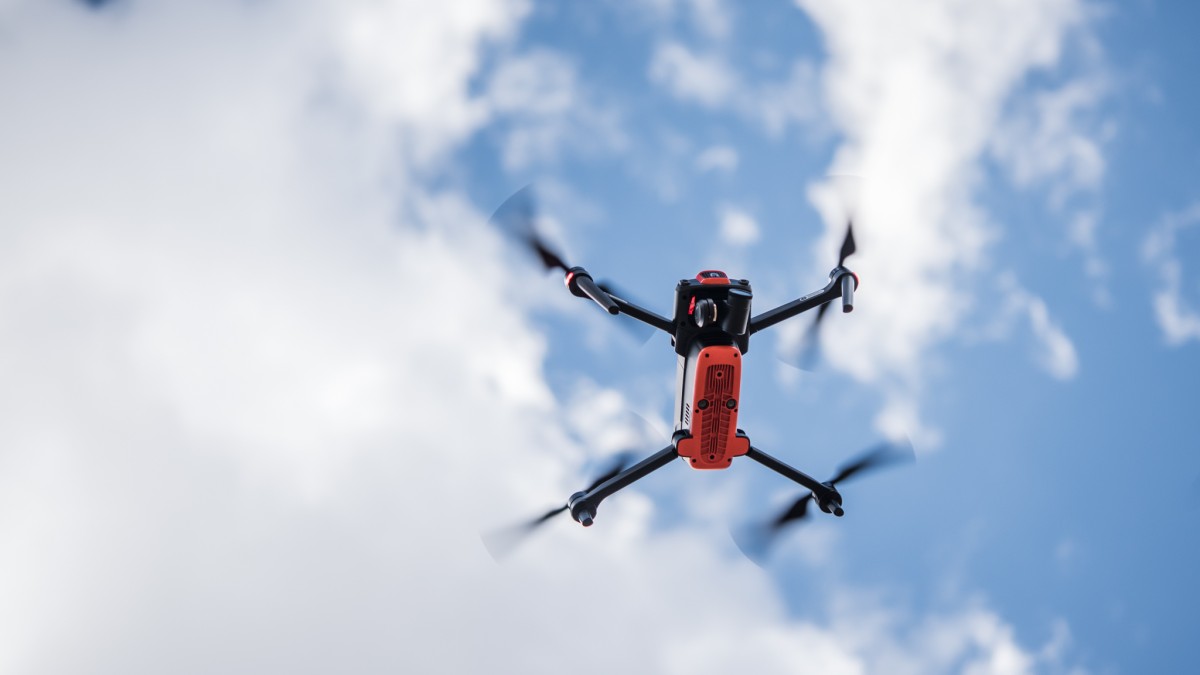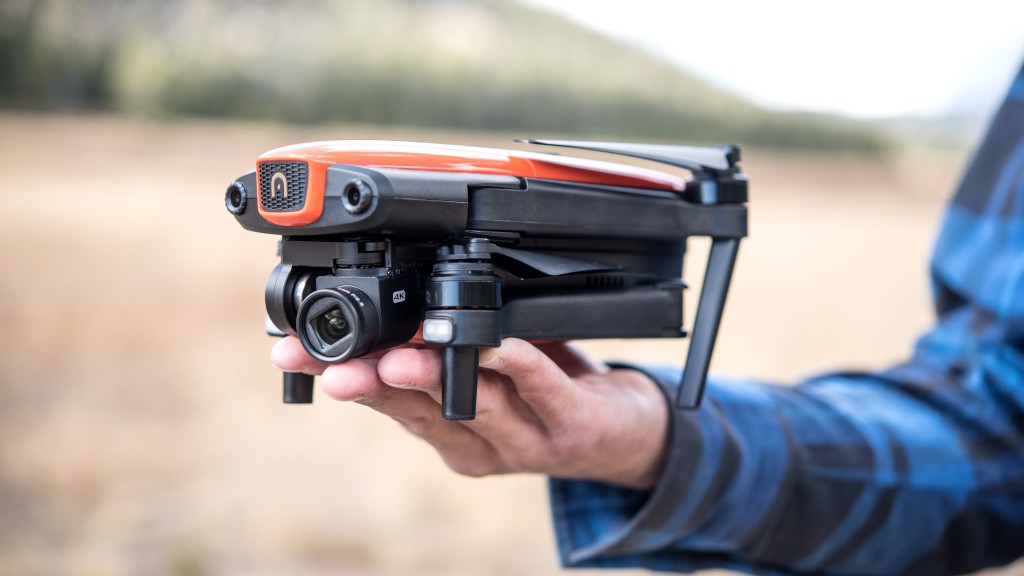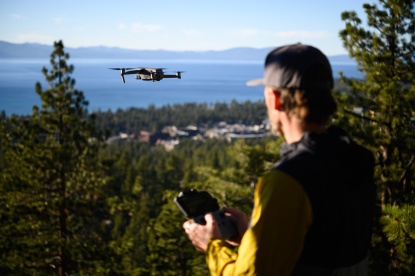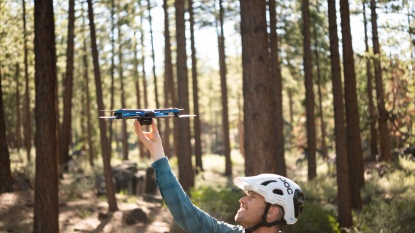Autel Robotics Evo Review
Our Verdict
Our Analysis and Test Results
The Autel Robotics Evo is a decent machine, but it just can't compete with the current slew of high-quality drones on the market.
Performance Comparison
The Autel Robotics Evo slipped pretty far down our scoreboard, sitting above only the relatively inexpensive gimbal-less models.
Video Quality
This is where the Evo really lost favor with us. Its video generally looks ok, but with some significant drawbacks. The first is the color hue. The camera lends an overly blue tint to everything. While this tends to make skies look quite vibrant, it makes pretty much everything else look unnaturally cool. The second problem is the severe propellor intrusion. We experienced way more propellor intrusion with the Evo than with any of the other consumer drones we tested.
These flaws seem even more egregious when compared to competing models. For example, the $800 Mavic Air provides a much better color profile and very little, if any, propellor intrusion. Even the original Mavic Pro with its overly aggressive, baked in color processing creates a better color profile than the Evo.
Flight Performance
The Evo does fly quite well, with good responsiveness, a maximum flight time of 30 minutes, and a maximum speed of 45mph. That speed is pretty much even with the Mavic Air, and the flight time is a bit better than the Air's maximum of 21 minutes. However, flying at more than a moderate speed with the Evo creates a lot of propellor intrusion, so its functional maximum speed is much less.
Autonomous Flight Functions
Like all modern consumers drones, the Evo provides a bevy of autonomous flight functions such as orbit, waypoints, and return to home. We found that these functions generally work quite well, and are fairly easy to use. It also has obstacle avoidance sensors to keep it from crashing into things when using these autonomous flight functions. We certainly wouldn't suggest pushing the limit of the obstacle avoidance sensors, but they do provide some peace of mind.
One area where we feel the Evo lags a bit behind the competition is in its automatic follow function. We found identifying a subject for the drone to automatically follow quite easy, but the drone had a bit of difficulty keeping that subject in the frame if they moved at anything faster than a brisk walk. The newer DJI models do a bit better with this, though no automatic follow function can yet match the quality of using an actual pilot to fly the camera.
Portability
The Evo is relatively portable. It is able to fold down to into a long (15 inch) and narrow package, and weigh 1.9 pounds. This is similar to the 2 pound Mavic 2 Pro and Mavic 2 Zoom, but nowhere near as portable as the 0.95 pound Mavic Air. It also does not include a carrying case, as the Mavic Air does. Finally, the Evo's controller is quite small and packable, but the joysticks do not remove like they do on the Mavic controllers, resulting in a slightly less streamlined package. So while the Evo is quite portable, it again falls short of the standard set by DJI.
Ease of Use
Autel designed a fairly intuitive user experience with the Evo. We found the initial setup, changing settings, and flying to be quite straightforward. However, we didn't award the Evo a top score in this metric for one reason: the built-in screen on the controller. While we love that the screen frees you from having to tie up your phone while flying, at 3.3 inches it is just a smaller platform from which to navigate through menus than a standard smartphone.
Value
Unfortunately, we just don't think the Autel Evo lives up to its $1000 price tag. You can get much better perofmance overall from the much more portable $800 Mavic Air, or the $1000 original Mavic Pro.
Conclusion
The Autel Robotics Evo is a decent drone, but it can't compete with other models in the same price range. In almost every test it felt like a far less refined version of DJI's Mavic series.









